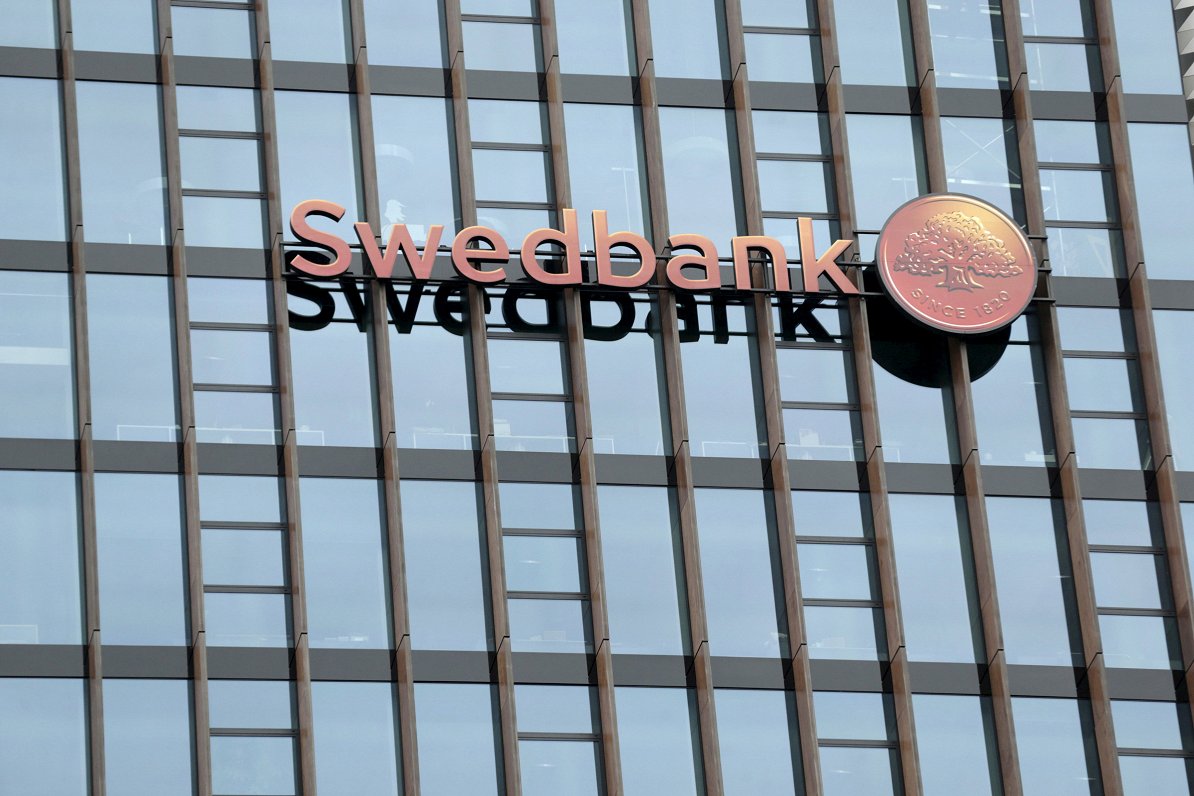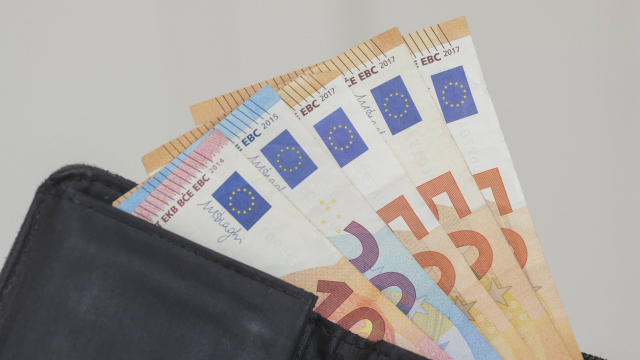The report centers on the Estonian operations of SEB and Swedbank, but could have knock-on effects to their other Baltic operations in Latvia, particularly in the context of suspicions of evading U.S. sanctions.
SVT has its latest story available in English and involves allegations that "the business network of Russian oligarch Iskander Mahkmudov – shareholder of Kalashnikov Group in Russia and the biggest client of Swedbank Estonia, have funneled over 1 million euros to counterparts at Kalashnikov USA."
In english: Swedbank is under investigation for violations of US sanctions. The Swedish bank is now under investigation by US financial authorities.https://t.co/hdy7JcI9xG
— Uppdrag granskning (@granskning) November 20, 2019
Last spring, Swedish Television revealed how the business network of Makhmudov funneled hundreds of millions of dollars to tax havens through over 200 companies via Swedbank.
Swedbank told the TV reporters that the information provided by SVT was already known by the bank and under investigation. The internal investigation, which looks at 30 billion transactions during the years 2007 – 2019 will be published early next year, the bank said.
The report from SVT also reveals information about a former employee of Swedbank in Estonia who was the key account manager for among others, Iskander Makhmudov.
“If there has been unethical behavior as described in Uppdrag granskning, we should of course get the bottom of it. The internal investigation is expected to be concluded in early 2020. Conclusions from the investigation will be communicated”, Jens Henriksson, President and CEO of Swedbank said in a statement issued November 20.
Swedbank added that it is working on a program to improve routines, system support and processes to strengthen the bank’s ability to combat money laundering and other financial crime.
Swedbank's statement came less than 24 hours after rival SEB bank was also made to clarify its position by the STV investigation. On November 19 it said.
"SEB has received a list of 194 corporate names from Sveriges Television’s program Uppdrag granskning. SEB has compared the names with the bank’s internal analysis, which has served as the basis for the assessment and the comments that the bank has made concerning the Baltic operations.
The names on the list from Sveriges Television are, in all material respects, covered by the bank’s own analysis and do not change the bank’s fundamental assessment.
The names on the list from Sveriges Television has previously been handled and approximately 95 percent of the customer relations are terminated. When SEB has detected suspected activities it has been reported to relevant finance police. A few clients still have engagements with SEB. SEB’s assessment is that those remaining customers meet the bank’s criteria, and with the information that SEB has about the customers today, there has been no reason to terminate the customer relations. SEB works continuously to make sure that SEB’s customers live up to the bank’s requirements.
A majority of the names on the list are historical customer relations from Estonia. In 2006, SEB Estonia received criticism and recommendations from the Estonian financial supervisory authority for its handling of non-resident customers. At the same time, SEB received information from an external whistle-blower. Both of these events resulted in that SEB Estonia strengthened its routines, reported a number of clients to the finance police and terminated several customer relations.
Although SEB historically has lived up to the regulatory requirements, we can with today’s knowledge conclude that neither regulations nor the banking system’s ability have been sufficiently efficient to handle risks of money laundering before 2008. Since then, SEB’s ability to prevent, detect and report suspected financial crime increased over time. The regulations have been tightened, the awareness has increased and the bank’s routines, processes and systems have improved. SEB is doing its utmost to prevent that the bank is used for financial crime. Nevertheless, SEB cannot guarantee that it has not been used nor that SEB will be used.
If new relevant information emerges that has previously not been known to SEB, SEB will take action. SEB wants to provide everyone who follows the bank equal, correct and transparent information. SEB has no further knowledge of any content that might emerge in Sveriges Television’s program Uppdrag granskning."
As widely reported, until a few years ago the Scandinavian and Nordic banks operating in the Baltic states maintained a reputation for propriety while other local boutique banks gained a reputation for handling the accounts of oligarchs and criminals for money-laundering purposes. Yet subsequent revelations about banks including Danske, Nordea and now the two largest Scandinavian banks operating in the Baltic, suggest the differences between the two groups of banks may not have been as great as was assumed.































